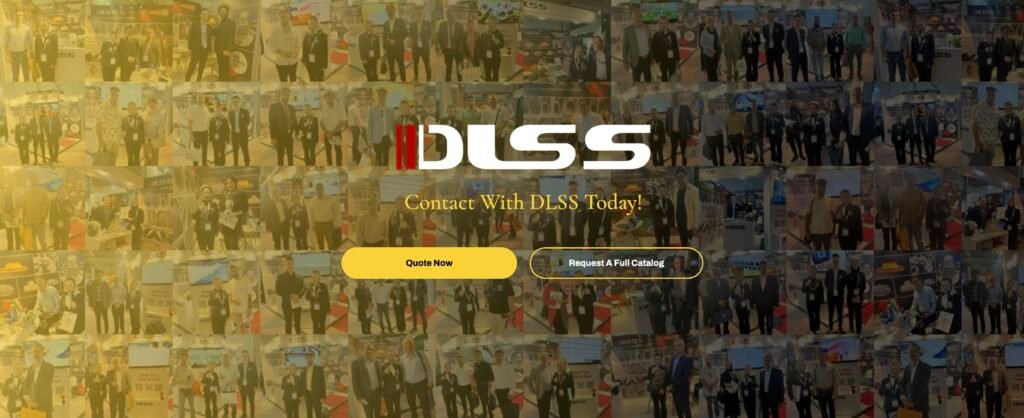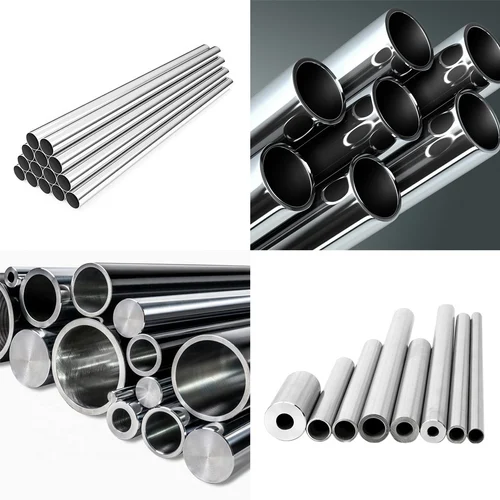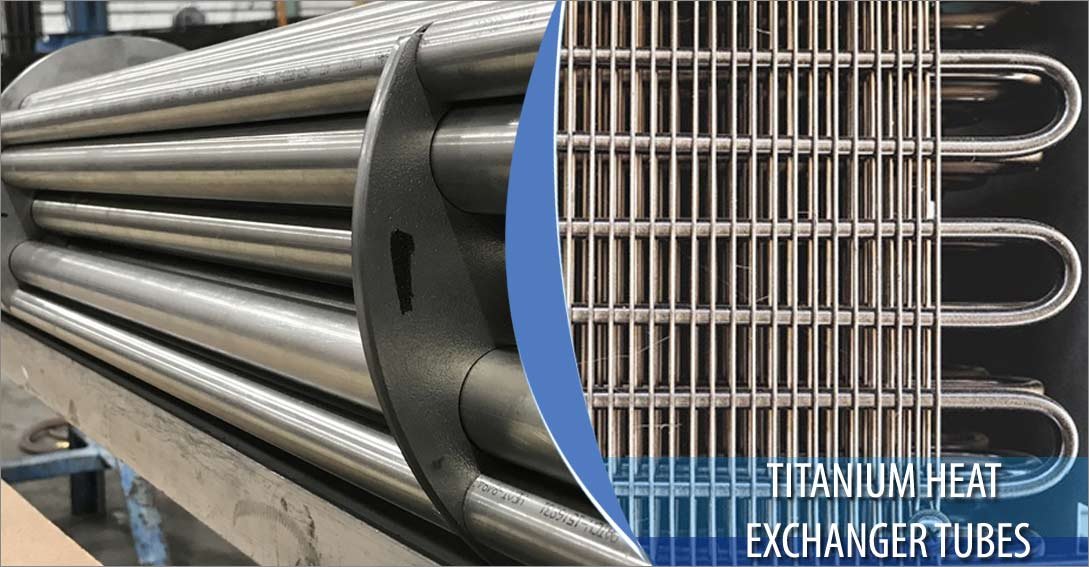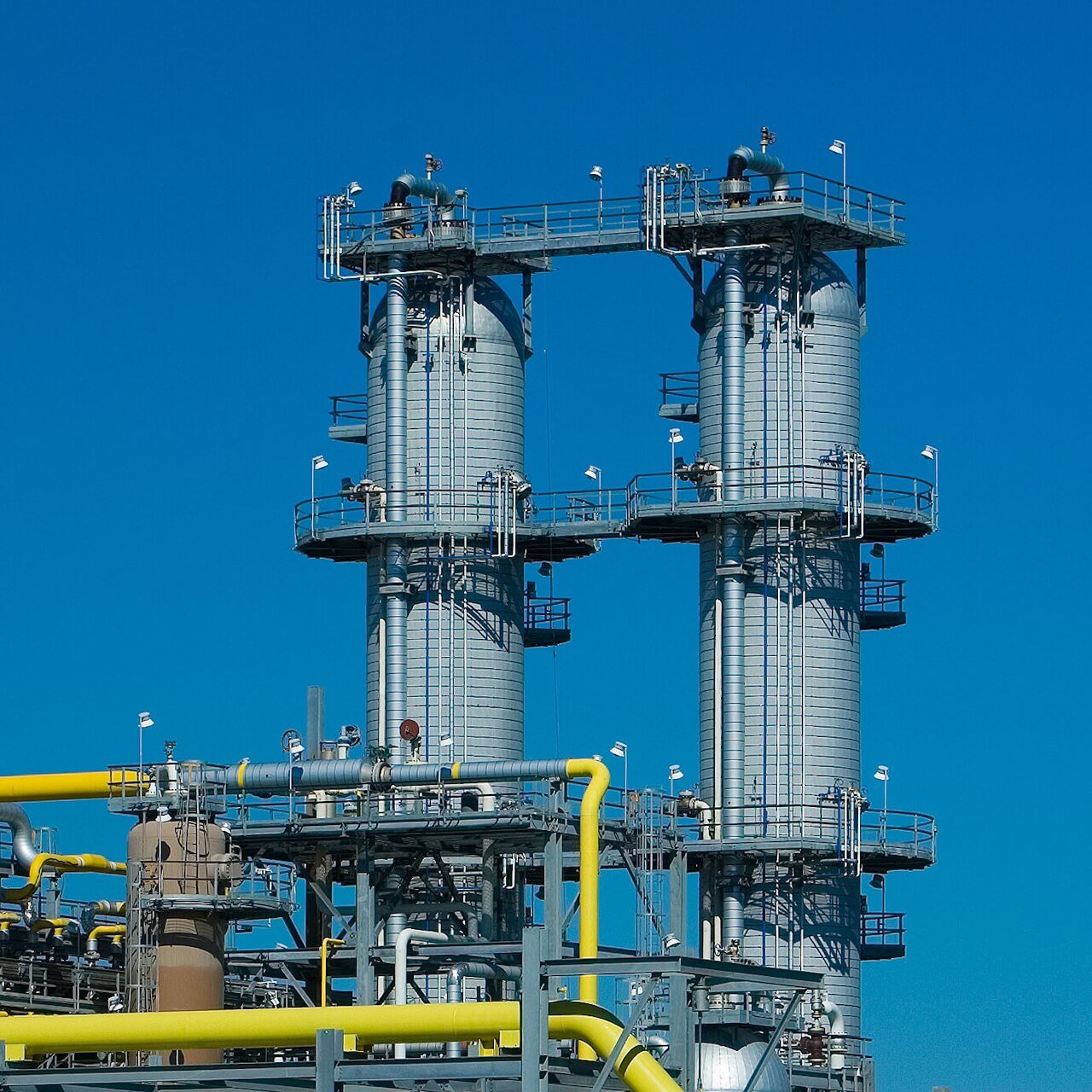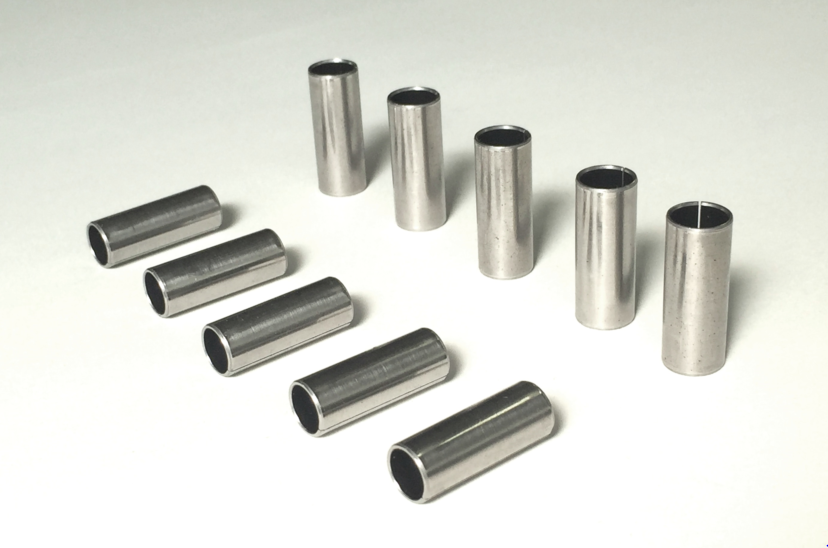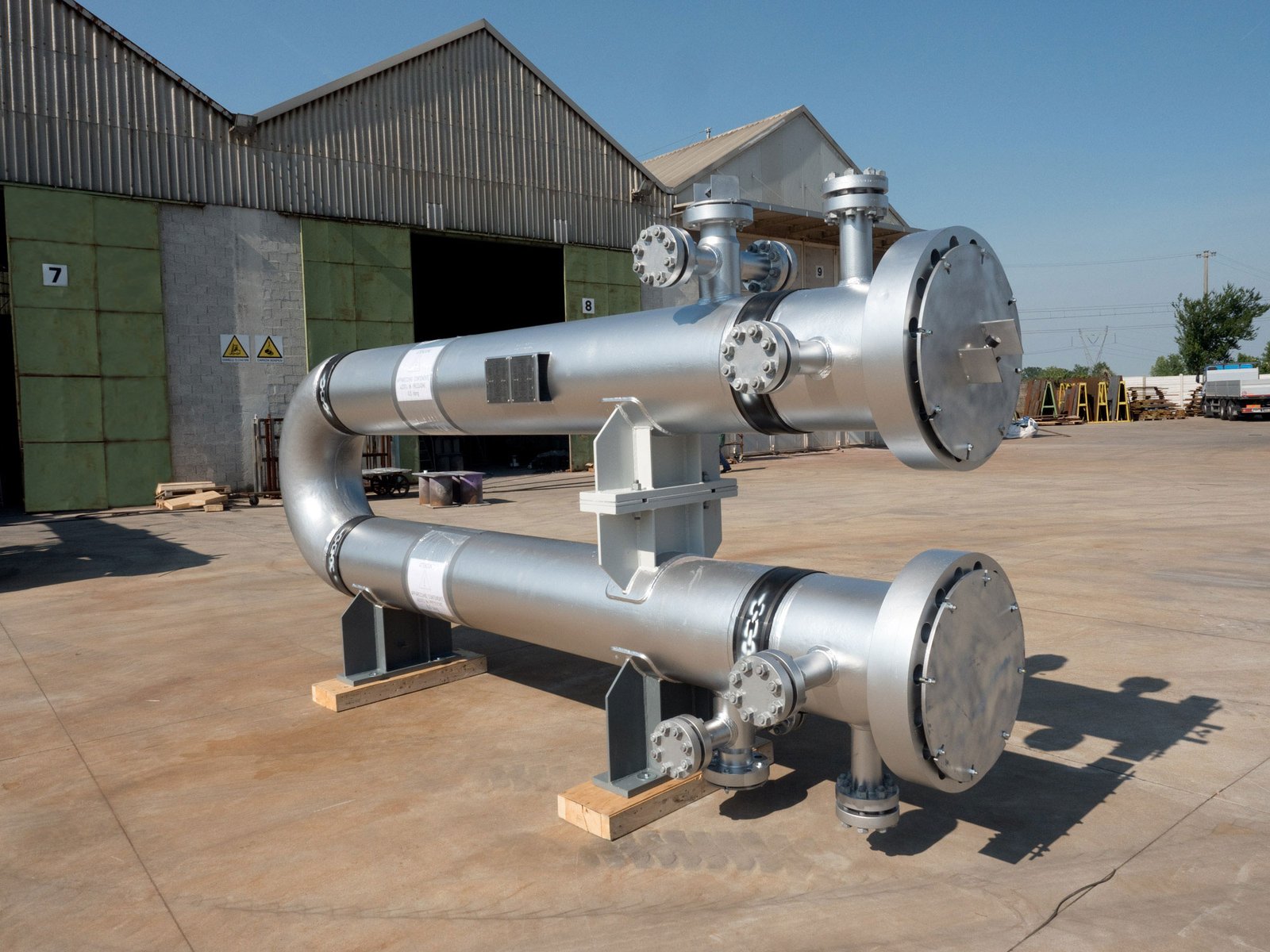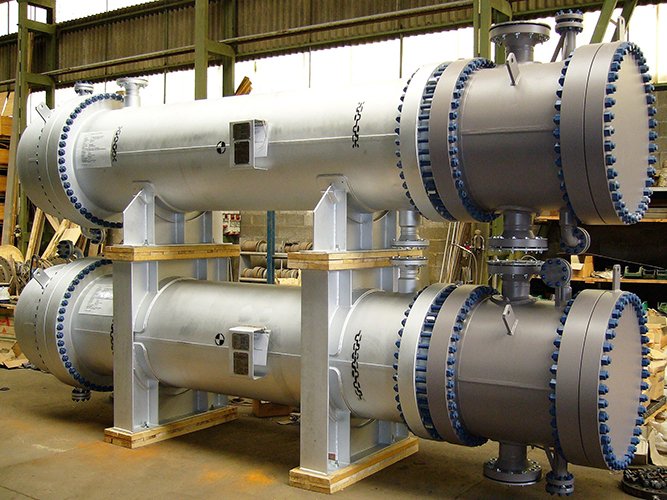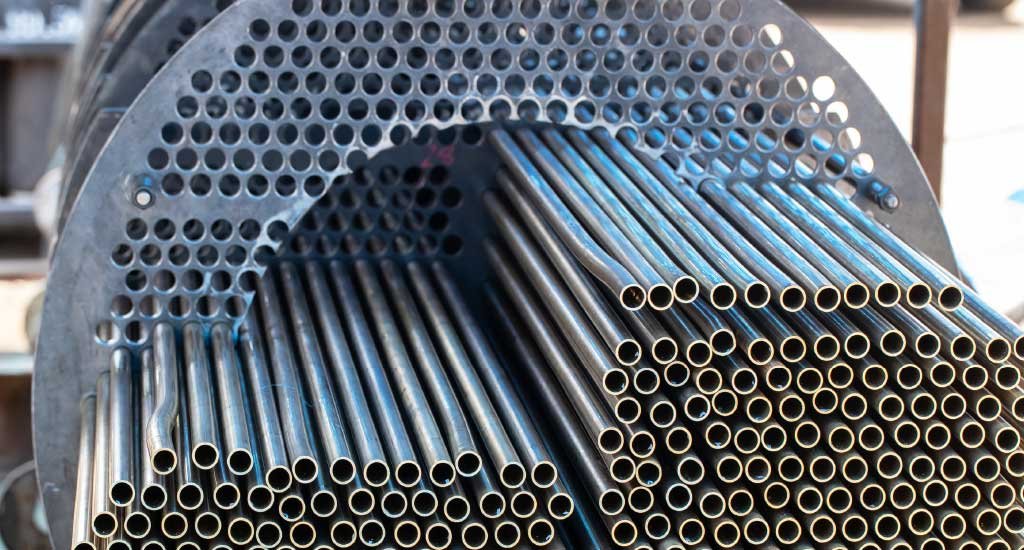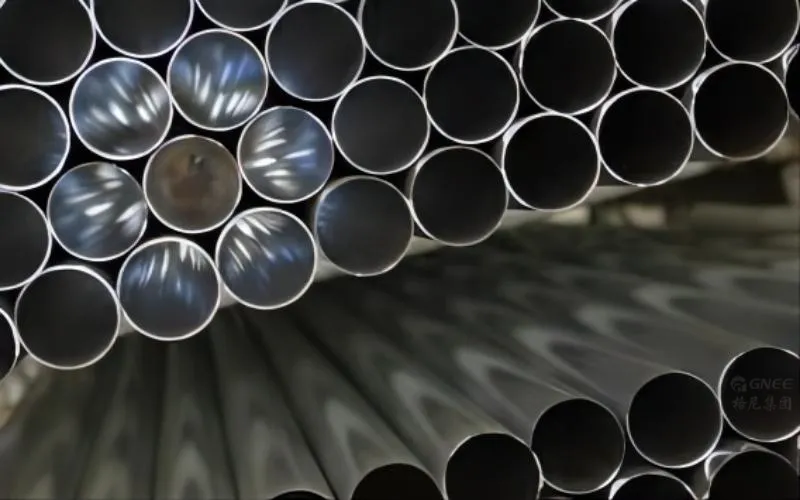Introduction
In Japan’s power generation, chemical processing, and desalination industries, U-bend stainless steel tubes play a critical role in enhancing the efficiency of condenser systems. DLSS Stainless Steel Seamless Pipes are engineered to meet JIS G3463 – Stainless Steel Boiler and Heat Exchanger Tubes, ensuring precise bending, corrosion resistance, and optimal heat transfer for Japanese projects.
1. JIS-Compliant Materials for Japanese Projects(日本規格に準拠した材料)
DLSS manufactures JIS-compliant stainless steel U-bend tubes in various grades:
- SUS304 / SUS304L – general corrosion resistance
- SUS316 / SUS316L – superior chloride and seawater resistance
- Duplex stainless steel – high strength and pitting resistance
All tubes come with Mill Test Certificates (MTC) and can meet dual standards such as JIS + ASTM A213.
2. Precision Bending for Tight Radii(高精度ベンディング)
Japanese condensers often require compact designs. Our bending process ensures:
- No wall thinning beyond 10%
- No wrinkles or ovality issues
- Uniform geometry for consistent performance
3. Heat Transfer Optimization(熱交換効率の最適化)
Our heat exchanger tubes are designed for:
- Smooth internal surfaces for minimal flow resistance
- Stable wall thickness after bending
- Long service life under high-temperature conditions
4. Packaging and Shipping for Japan(日本向け梱包と輸送)
To ensure tubes arrive without deformation, DLSS uses:
- Custom stainless tube packaging for export
- Plastic end caps to prevent contamination
- Moisture-proof wrapping for corrosion protection
5. Applications in Japan(日本での用途)
- Power plant condensers
- Seawater desalination plants
- Industrial cooling systems
- Petrochemical heat recovery
FAQ(よくある質問)
Q1: Which JIS standard applies to U-bend tubes in Japan?
A1: JIS G3463 – Stainless Steel Boiler and Heat Exchanger Tubes is the most common standard for condenser tubes.
Q2: Can DLSS match tight bend radius requirements for Japanese condensers?
A2: Yes. Our U-bend tube manufacturing process ensures precise bending without exceeding wall thinning limits.
Q3: What grade is best for seawater condenser tubes in Japan?
A3: SUS316L or duplex stainless steel is recommended for chloride-rich environments.
Q4: How are U-bend tubes tested before shipment?
A4: Tubes undergo hydrostatic testing, eddy current testing, and visual inspections.
Q5: What is the delivery time for U-bend tubes to Japan?
A5: Typically 40–50 days, depending on size, bend radius, and quantity.
